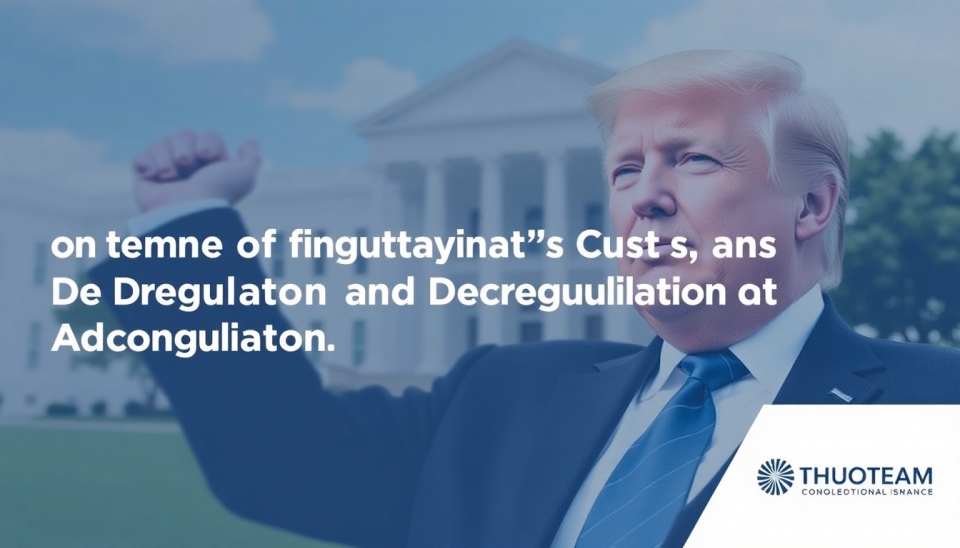Economic Analysis: Expectations on the Impact of Trump's Tax Cuts and Deregulation on Economic Growth

Economists from Goldman Sachs have presented their analysis of the effects of tax reforms and deregulation proposed by the Trump administration on the economic growth of the United States. In their report, they determined that these measures indeed led to an increase in GDP growth rates, but there are also negative aspects related to tariffs that could hinder economic development.
According to the analysts, the tax cuts introduced in 2017 encouraged increased investments from companies and higher consumer spending. This, in turn, positively affected economic indicators. However, the imposition of tariffs on imports, particularly on Chinese goods, created certain risks to economic growth as they raised costs for firms, which could subsequently lead to a decrease in consumer demand.
The report also notes that despite the current positive economic data, such as low unemployment rates and wage growth, uncertainty in external economic policy may undermine investor and consumer confidence. Goldman Sachs emphasizes that in order to achieve sustainable economic growth, it is necessary not only to maintain tax cuts but also to ensure predictability in trade regulation.
Economists are taking a more cautious approach to future forecasts. They stress that returning to the high levels of GDP growth observed in recent years may be challenging unless negative factors are addressed and resolved. Moreover, maintaining a balance between stimulating the economy and sustaining trade relations with other countries remains a pertinent task for the new leadership of the country.
Ultimately, Goldman Sachs notes that for the United States to achieve stable and sustainable economic growth, political decisions must be made that foster an improved investment climate and maintain favorable trade policies.
#GoldmanSachs #Trump #TaxCuts #EconomicGrowth #Deregulation #TradeTariffs #USEconomy




